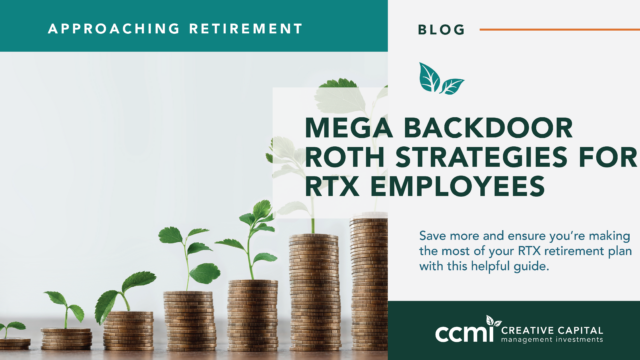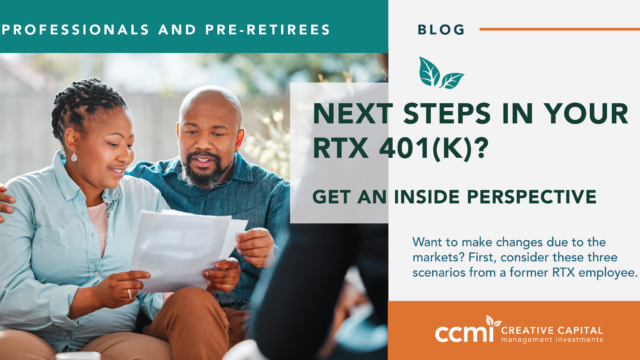Open enrollment is a period of time, generally a few weeks a year, that provides you the opportunity to adjust your employee benefits. Unless you have a qualifying life event such as having a baby, marriage, or divorce, this 2 to 4-week period is usually the only time you can make changes to your employee benefits. You should take the time to ensure that you understand all the changes and actions required by your employer. Failing to do so may result in costly mistakes or potentially foregoing important coverage.
Employees often overlook potential benefits, so we have highlighted a few you should evaluate below:
Consider a Health Savings Account (HSA)
A Health Savings Account (HSA) can be a good way to pay for current and/or future medical expenses. HSA’s allow you to set aside pre-tax money to be used toward medical expenses, can be carried over at the end of the year, and taken with you if you change employers. It’s like having a Roth IRA for medical expense except HSA’s boast even more favorable tax treatment! There are certain requirements, the biggest of which is enrolling in a high deductible health plan. Make sure you have a good understanding of what your total out-of-pocket costs would be under a high deductible health plan as compared to an HMO or PPO plan. With a high deductible health plan and HSA combo, the concept is that you pay less in premiums and use the accumulated savings in your HSA account to cover the deductible when healthcare expenses arise. An HMO or PPO plan, may be more appropriate if you tend to have large medical bills or have recurring health issues. Decide whether an HSA is the right fit for you and your family (please note that if you are on Medicare, you can no longer fund an HSA). Click here to read our blog about HSA’s if you would like more information.
Disability Insurance
According to disability statistics, one in three working Americans will become disabled for at least 90 days before age 65, thus emphasizing the importance of enrolling in long-term disability insurance. A good long-term disability policy provides at least 60% of your salary to you when you are no longer able to perform your own occupation. There is going to be a waiting period before receiving these benefits, usually 90 or 180 days; however, this gap could be covered with either group short-term disability or state short-term disability (SDI) benefits. Long-term disability policies have benefit maximums and varying payment periods depending on the policy. Review the details of the plan to get an understanding of how they would work in the event you become disabled.
Additionally, if your company pays your premiums, consider asking for your premiums to be taxed to you on your W-2, even though you aren’t paying the premium. If you are taxed on the company paid disability insurance premiums, then you should receive the benefits tax-free if you ever need to use the disability benefit. You would do this by contacting your benefits administrator and asking them to include the amount of your premiums on your W-2. If your premiums are company-paid and you do not pay the taxes on premiums, then your benefits would be taxable if you become disabled, resulting in much less than stated percentage of salary.
Legal Benefits
Your company may offer legal benefits for a small cost per paycheck. You may want to consider this service if the cost of a full estate plan is prohibitive. Certain documents are critical, such as a will and a healthcare power of attorney and every adult should have at least these documents in place. A common misconception for many Americans is that an estate plan is only needed for those of high net worth, but an estate plan is so much more than that. In fact, a thorough estate plan consists of multiple documents that play key roles including protection of your assets, avoiding probate, electing someone to make medical or financial decisions in the event you are unable to express them yourself, identifying guardians for younger children, and expressing disposition wishes upon your death. A basic estate plan is simpler than most people realize and the peace of mind is invaluable. While we prefer that clients work with a qualified attorney that you select in the local area, some feel the cost is prohibitive, which is why a legal plan may be a more affordable alternative.
There are many more decisions you will need to make during the open enrollment process, we just wanted to highlight a few areas that are often overlooked. Review the materials you receive to ensure you are making the appropriate decisions for you and your family. Some companies offer presentations to explain benefit options including updates to your benefits. Get informed and ask questions if something is unclear.
CCMI provides personalized fee-only financial planning and investment management services to business owners, professionals, individuals and families in San Diego and throughout the country. CCMI has a team of CERTIFIED FINANCIAL PLANNERTM professionals who act as fiduciaries, which means our clients’ interests always come first.
How can we help you?






